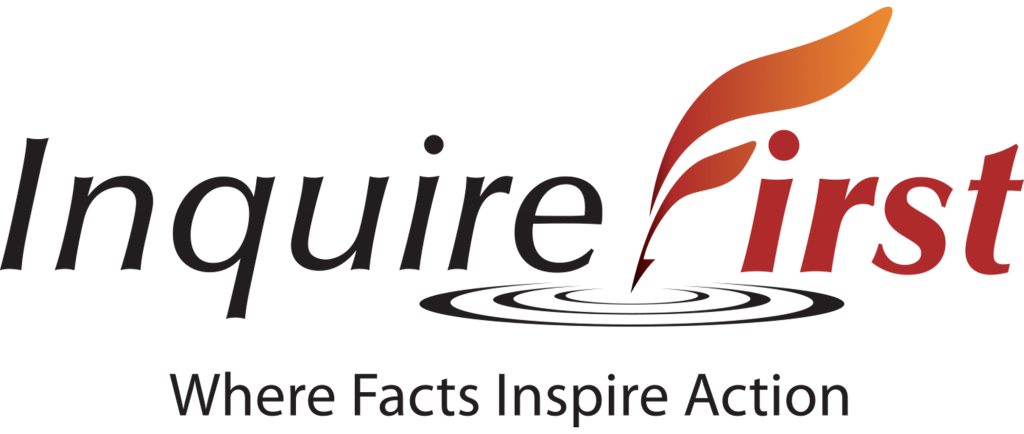 NOGALES, Mexico – This is a city of commerce, a bustling town leaning into the U.S.-Mexico border where billions of dollars of tomatoes and squash and peppers are shipped into the United States every year along with shiny Ford Fusions, computer electronics and parts for the aerospace industry.
NOGALES, Mexico – This is a city of commerce, a bustling town leaning into the U.S.-Mexico border where billions of dollars of tomatoes and squash and peppers are shipped into the United States every year along with shiny Ford Fusions, computer electronics and parts for the aerospace industry.
Underneath this sunbaked city, another kind of product is crossing into the United States. Through a spider web of tunnels bored into a vast drainage system that connects Nogales, Mexico, to Nogales, Arizona, billions of dollars of marijuana and other drugs are being shipped to the U.S. market.
InquireFirst Executive Director Lynne Walker traveled to Nogales, Mexico, to meet with journalists to discuss new techniques for investigative and high-risk reporting. During the March 15-16 workshop organized by the U.S. Consulate in Nogales and the U.S. Consulate in Tijuana, Walker spoke about tools and methods for finding and interviewing sources as well as organizing and writing investigative reports.
Walker also focused on cyber security, noting that investigative journalists are at risk because they actively use digital tools to contact sources and share information. She told Nogales journalists that they are particularly vulnerable to cyber threats when covering corruption, organized crime, human rights issues and abuses by authorities.
In addition to taking widely recommended measures such as using strong passwords and anti-virus software, Walker also suggested using secure email with encryption and tools that help users remain anonymous on the Internet.

The intensive workshop was designed to encourage a frank exchange with investigative journalists about the challenges they face as they probe sensitive subjects and present them to their audiences.
“The information you provided was invaluable,” said Lorenzo De la Fuente, director general of El Diario de Sonora.
In a separate session, Walker discussed safety protocols with investigative journalists. She told the Nogales journalists that the New York-based Committee to Protect Journalists has identified Mexico as one of the most dangerous countries outside a war zone for journalists.
As journalists report on dangerous subjects such as human trafficking and drug smuggling, Walker admonished them to follow protocols to ensure their safety. “No story is worth your life,” she said.
Walker also met with journalism students at the Nogales campus of the University of Sonora to discuss a code of ethics for reporting via social media.
